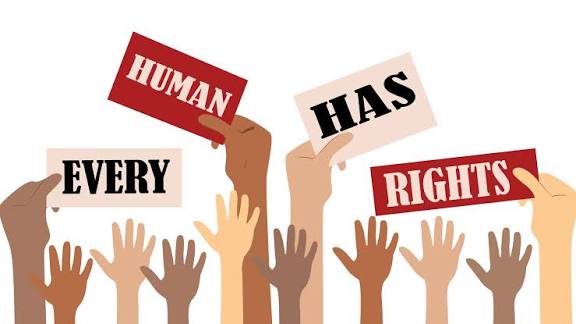
Human rights cover a wide range of areas. Civil and political rights include freedom of speech, the right to vote, freedom of religion, the right to a fair trial, and protection from torture or unlawful detention. These rights allow people to participate actively in governance and express their opinions without fear. They also protect individuals from being mistreated by authorities or denied justice.
Economic, social, and cultural rights focus on improving quality of life. These include the right to education, healthcare, employment, housing, and social security. When people have access to these basic needs, they are able to live productive and meaningful lives. For example, the right to education empowers individuals to gain knowledge and escape poverty, while the right to healthcare ensures that people can live healthy lives.
Human rights also emphasize equality and non-discrimination. Every person deserves to be treated fairly and without prejudice. This includes protecting women, children, people with disabilities, minority groups, and all vulnerable populations. When human rights are respected, societies become more inclusive and harmonious.
Governments have the responsibility to protect, respect, and fulfill human rights. This means creating laws that safeguard rights, preventing violations, punishing offenders, and providing access to justice. International organizations such as the United Nations also play an important role by setting global human rights standards and monitoring abuses.
In essence, human rights are the pillars of freedom and justice. They ensure that every person can live with dignity, pursue opportunities, and participate fully in society. Upholding human rights is essential for building peaceful communities, promoting equality, and securing a better future for all.